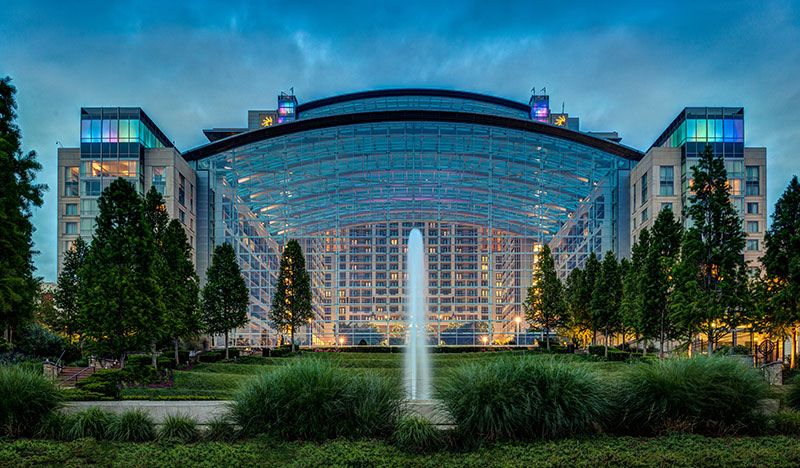In a perfect world, a hotel would be its own reward. Instead, guests often have other destinations to reach aside from their bed, meaning many properties need access to transportation to surrounding areas, often airports, and these operations must be run as efficiently as possible. Here are four tips to save hotels – and guests – from headaches between the guestroom and their final destination.
1. Fill up your fleet
Bob Janis, GM at the Holiday Inn Washington-Dulles in Sterling, Va., said his hotel runs a shuttle to the nearby Dulles International Airport every half hour from 4 a.m. until midnight, and on the off-hours still delivers guests on demand. In order to facilitate this schedule, the hotel has six vehicles, and shares another one with a sister hotel. Furthermore, these shuttles are staffed using the hotel’s own employees.
“We have a list of team members who have to have perfect driving records,” Janis said. “These aren’t special licenses, the vehicles aren’t large enough to require them, but we check employee records and make sure they are safe drivers.”
2. Hammer out schedules
Finding the right drivers is only half the battle. A good wheelman is useless without proper scheduling, which keeps the entire process running smoothly.
“We are less than 10 minutes from the airport, but the set schedule helps,” Janis said. “Typically during peak times we may have three drivers servicing the airport and other requests. You have to be flexible for a property like ours because we aren’t going from A to B every week; it’s a case-by-case basis.”

3. Understand travel times
According to John Parker, regional manager for Chartwell Hospitality, providing a consistent travel time for guests to and from airports is the greatest challenge facing shuttle services, but it is one solved by scheduling. This is especially true of the Hilton New York JFK Airport hotel, which is managed by Chartwell.
“Traffic is always a concern,” Parker said. “The answer is timing, and taking advantage of when the roads are open, and also modifying the number of shuttles you have on the road to meet demand.”
4. Develop relationships with vendors
For many hotels, scheduling is even more important because the shuttle services are out of their direct control. Monroe Harrison, public affairs director for the Gaylord National Harborside Hotel in Washington, D.C., said his property has multiple transportation offerings, including black car services operated by ExecuCar, separate shuttles to three nearby airports, a trolley taking guests directly into Washington, a water taxi, a public bus stop and an in-house destination marketing company for large groups.
According to Harrison, the key to keeping such a complicated situation under control is to retain open communication with transportation partners, and having them within arm’s length is never a bad idea if possible. The hotel’s transportation vendors have dedicated locations in the hotel lobby and make themselves available to guests and staff in the event of a heavy travel day or an emergency.
“Make sure, if you are outsourcing your travel, you have strong organization and leadership managing the front drive,” Harrison said. “The arrival and departure experience often makes or breaks guest-satisfaction scores. We want it as pleasant as possible; it sets the tone in the beginning and can give a great lasting memory of staying with us.”
